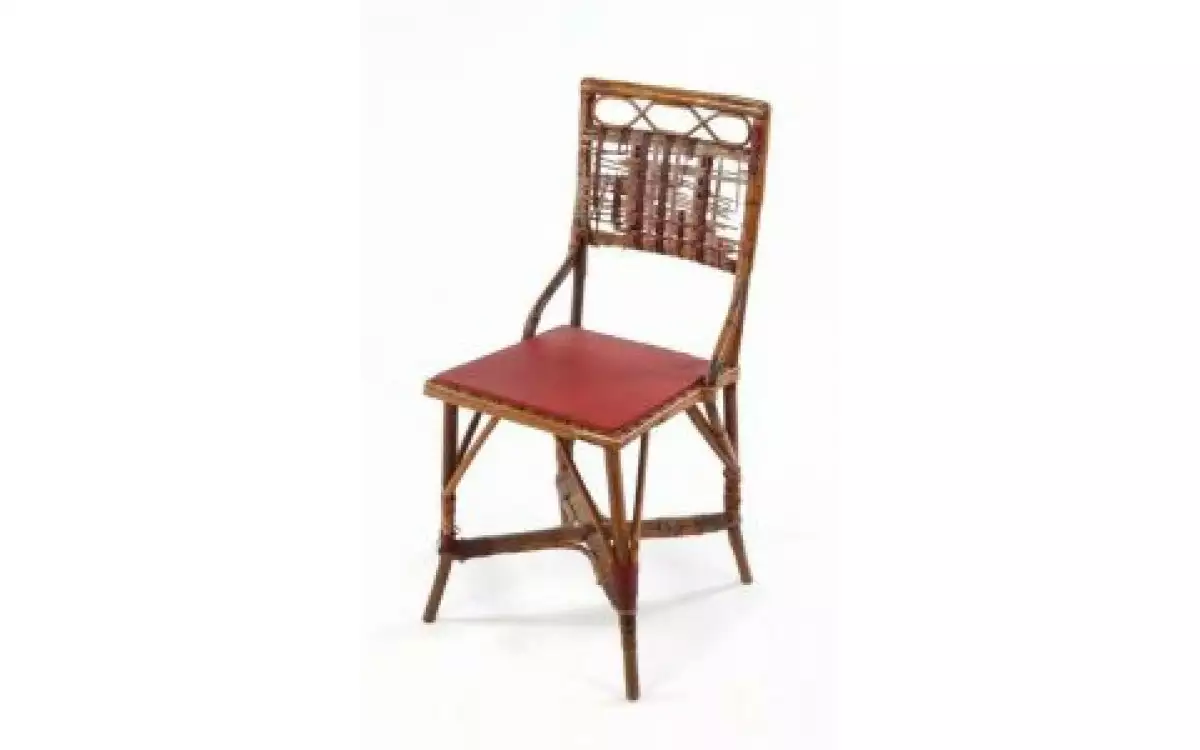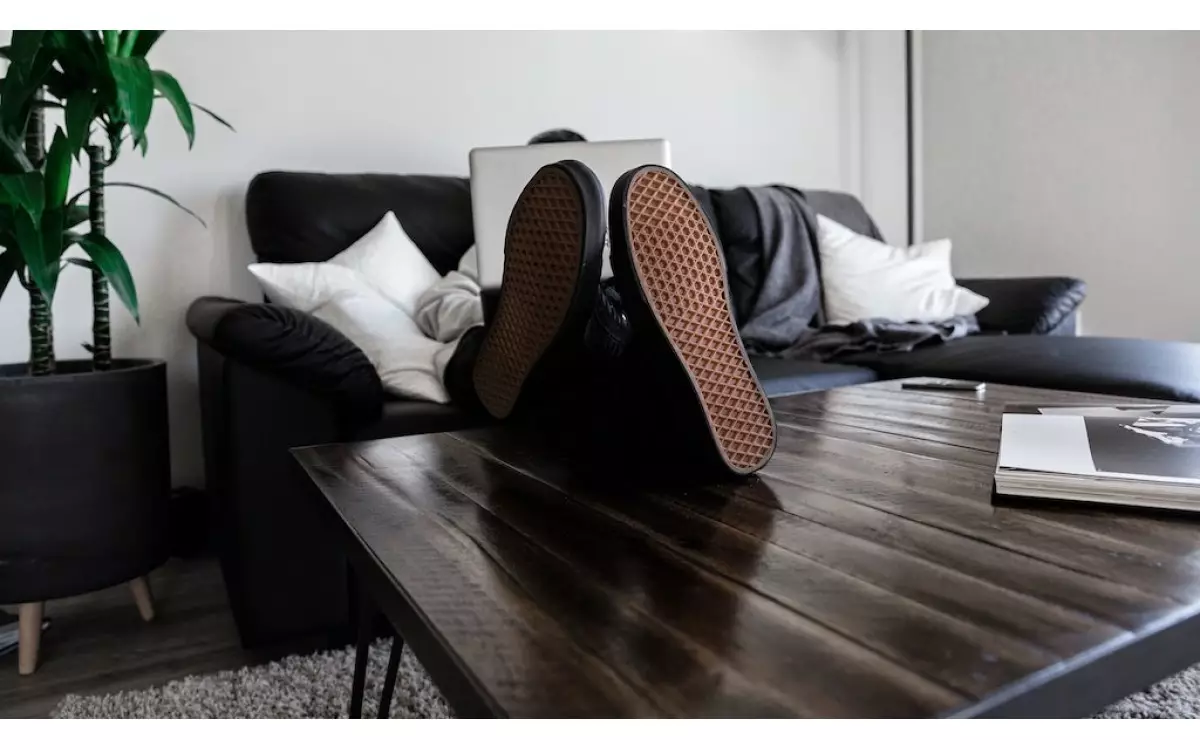Can you give a quick overview of what you do professionally and why you do it?
Andrea: I am the CEO of an international, fast-growth email company called Mailbird. As the CEO of Mailbird, I am responsible for leading, managing the team, planning, speaking to shareholders and motivating progress, development and growth in our business and our team.
What do you find most meaningful about your work?
Andrea: What I find most meaningful about my work is that we are providing an email service that aims to build a healthy relationship with email between people and their email inboxes, something that is widely used every day within teams and organizations.
I love that I get to work with great people, whilst developing and building something that directly affects our daily lives, both at home and in the office.
How important do you believe company culture is to an organization’s success?
Andrea: I believe that company culture is one of the most crucial elements to a company and team’s success. People build relationships and healthy dynamics through attention to creating the best possible company culture that your organization lives by when they come in, commit themselves and work ethically and passionately every day.
Without naming the companies, can you give examples of good cultures you have worked in and bad cultures you have worked in and how they have led to positive and negative results respectively?
Andrea: A bad company culture was one where I never received feedback, no development opportunities were provided and there was a lot of tension within the team.
A great company culture is the one I live and breath every day with Mailbird, because I wanted a feeling of passionate people coming together to work on something they care about. To relentlessly work on themselves and growing the business through team collaboration, a positive mindset and a drive to do help millions of people around the world with email management. A team that is flexible, that is hungry to learn and knows how to prioritize and execute efficiently.
What is the company that you have worked for or with that you believe has the best culture and why?
Andrea: Again, I will say my own company. This is because I always wanted to build a company my way, that way I believed it should be. It’s because when you’ve been an observer in a company that doesn’t care about the culture of the team, and they don’t give attention to ensuring they hire the right people that can adapt to that culture, nor do they take time to appreciate and care for those people, then you know you can do something much better.
I believe Mailbird is the best company culturally because we are a group of smart, eager and unique individuals that understand the importance of hard work, results whilst balancing that with fun and living your own life to the fullest.
What can other companies do to emulate their success?
Andrea: I believe companies should first decide what type of company culture they want to create and be diligent about hiring the right people who can not only deliver great work, but who also gets the persona and vibe of the team or organization. Then be persistent about stressing the importance of that culture, communicating it, exercising it and ensuring you set an example of it.
What is the company that you have never worked for or with but believe has the best culture?
Andrea: Google is probably one of the most innovative companies when it comes to company culture, and they do it at a larger scale that has set the theme for many new companies entering into markets all over the world.
What are about that company’s culture do you admire from afar?
Andrea: Despite being a big corporate organization that started from a very small scale, they knew they wanted to attract the best people and provide the best work environment that would inspire and provide flexible options for those who would work for them.
They build many social events and projects and facilitate autonomy as much as they can, and this is awesome. They provide continuous feedback as well as rewards for those that do a great job.
Describe your office environment and how it relates to your company culture. Give us a feel for your office design, from the office furniture design (e.g. Do you have black chairs? Do you have Herman Miller office chairs? Do you buy used office furniture,refurbished office furniture, modern office furniture, etc.?) to the intangibles.
Andrea: So our team at Mailbird is rather unique, since we are a fully distributed and remote workforce. We don’t have one single office, but you could say we have many offices that satisfy all different types of roles and personalities, from home offices to coworking spaces to location independent benefits so the world is literally your office.
Sometimes your office could be a bean bag in a quiet library, other times it can be in the buzz of a trendy cafe or other times in a collaborative social space where many others need that environment to work. We don’t have one type of office design, since our office is what we make it.
For many of us, we all have set up our perfect office from home while also having our other locations whether that be a co-working space or cafe as options depending on the type of work we are doing. Some of us use black, ergonomic office chairs with wheels and a comfortable back that reclines. Others sit on soft couch with their laptop on their lap. Some sit comfortably on a plain wooden chair with a cushion on it.
Some prefer to work with a standing desk. If you need a high end office chair to work effectively, they you should get that. If you just need a chair that works for you, doesn’t have to be a designer branded, then that is what is best for you.
What do you believe are the key elements to creating and maintaining an uplifting office environment?
Andrea: I believe the key to creating and maintaining the best office environment is to enable autonomy and balance for each person within your organization. If they need a corporate setting to work, then make that option available. If they need an energetic, creative space then that should be available. If they need a quiet space without anyone around to fully focus, then that option should be available too.
We encourage everyone at Mailbird to own their office and to make it their own. Customizing their space so it becomes an extension of their unique selves is important to feeling good about your space where you spend 30 - 35% of your life.
So not only is it important to love what you do and to be challenged so you continue to learn and grow professionally, but also to make sure your environment is adaptive, whilst maintaining some form of consistency at the same time so you can create that constant deep focused work flow, no matter where you are sitting or standing.
What does ergonomics mean to you?
Andrea: Ergonomics means to me an object or environment that provides flexibility, comfort and customization for individual humans based on different body shapes, builds and lifestyles.
Ergonomics means great design, with attention to function and comfort for the person using that object or being in that specific environment. It has impacted my work, because as you grow older and the more time you spend on a computer, you quickly realize that these static positions cause a lot of misalignment and tension in our body.
How has your knowledge of ergonomics impacted your work?
Andrea: So this really circles back to the importance of keeping flexible work environments so that you are no longer forced to sit down all day long, but that you are encouraged to move around regularly and customize your work space so that your don’t negatively impact your body.
I spend more time make sure I get up and move when I’m sitting, I find surfaces where I can place my laptop and work while standing, I use mobile devices that enable me to have a meeting whilst walking, and the list goes on.
How do you buy office furniture? Do you buy furniture online? When do you decide to buy?
Andrea: Both online by reading the reviews, asking support questions and talking to others who’ve used the furniture. However, I also buy offline by going directly to stores to touch, feel and test out the furniture myself and to ask the experts all the questions I wanted about the furniture before buying it.
What office chair do you sit in and why? What specific features about your office chair do you appreciate and enjoy?
Andrea: I spend about 70% of my work sitting in a comfortable, ergonomic black office chair with wheels. I bought it because I know I need a proper chair to support my posture and sitting position for extended periods. I can adjust the armrests, the headrest, the lean of the back and of course the height of the seat.
And how would you weigh the relative importance of comfort, posture support, design, cost and other variables?
Andrea: All variables of comfort, posture, support, design, and cost are important, but if I had to pick the most important ones it would be posture and support. Having the chair well designed to your preference is the cherry on top of the icing.
What is your best advice on maximizing productivity in the office?
Andrea: I would say is to use the Pomodoro technique the pushes you to stay laser-focused on executing a task within a short 20-minute interval, then forcing you to take a 5-minute break.
Here I try to stand up and move around to keep the body in movement, rather than a static sitting position for long hours. I also believe that you maximize productivity with communication, letting people know that you are focused and do not want to be interrupted. To turn off all other distractions, including your phone, when executing a task.
Choosing to do one thing and that one thing alone. And of course, having the right environment to support the type of work you are doing. For example, you wouldn’t want a loud cafe with lots of chatter and noise if you really needed to do work with deep focus. However, for others, this environment might be perfectly suitable for deep focus.
What is your best advice on effectively managing others?
Andrea: Managing others means caring about them and providing all the opportunity you can to provide feedback, training and one on one sessions to keep the communication open between you and your team.
I believe in autonomy and that people should own what they do, and to do it the best they possibly can. Empowering people to take responsibility and to show what they can do is the best way to ensure they feel confident to execute things, even if they have never done it before.
But for sure, the number one thing is that you cannot manage a team if you don’t speak with that team on a regular basis with clear expectations, alignment and understanding.
What workplace trends do you see on the horizon?
Andrea: For sure the future of work is remote work with fully international, distributed organizations with a flat autonomous work culture that motivates and challenges people to be better than they’ve ever been.
Leave us with three things we should be on the lookout for.
Andrea: I believe that we should consider and look out for changes to the excess time we spend with technology and the impact that has on our daily lives.
We should watch out for innovative solutions that cater to a wider spectrum of online jobs and the environment needed to retain balance between work and life for people.
Finally, to look out for ensuring we use the best communication tools and environments today that get us out of our seats and moving whilst being able to streamline collaboration with others, no matter what office they are choosing to work from that day.





